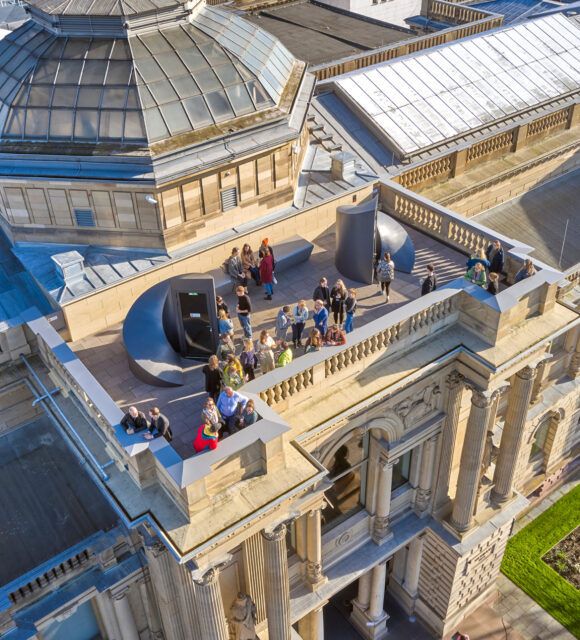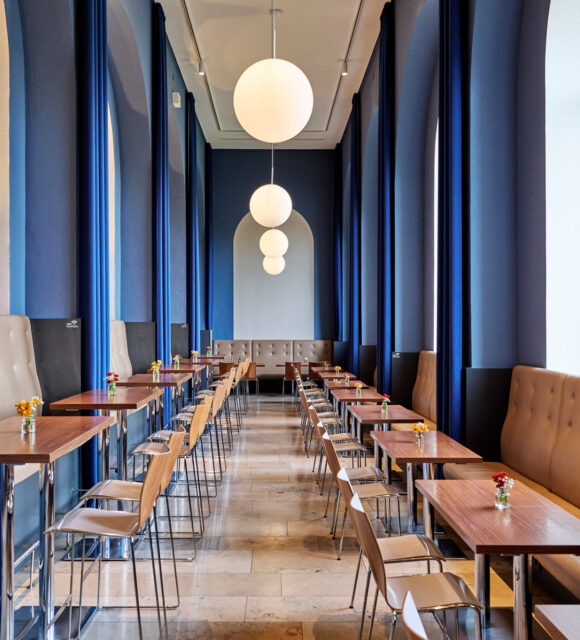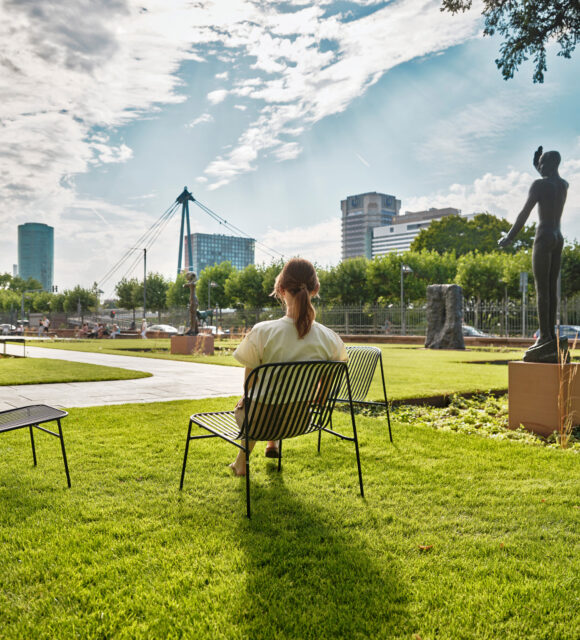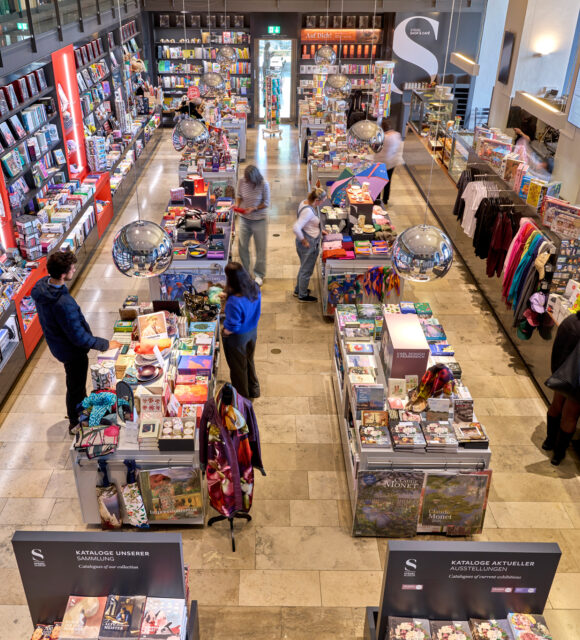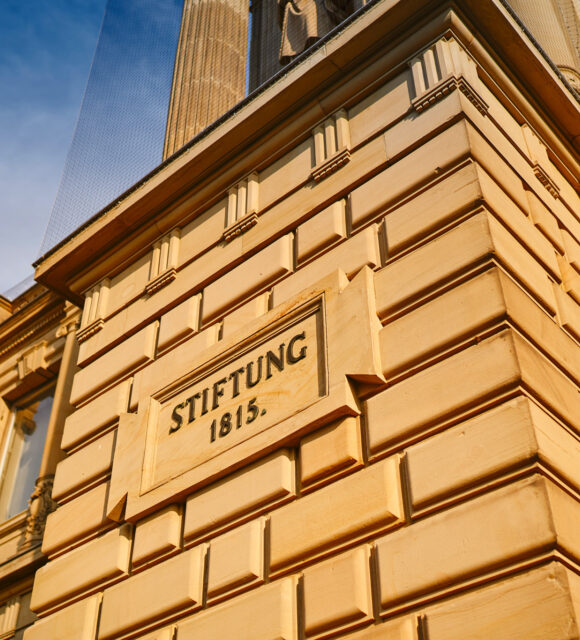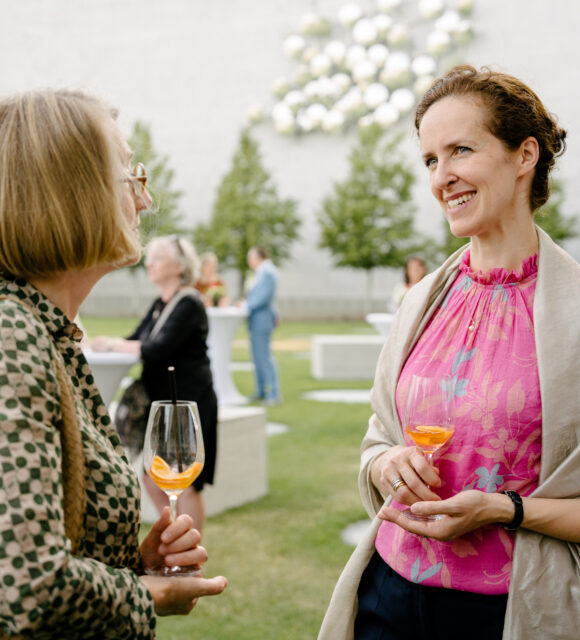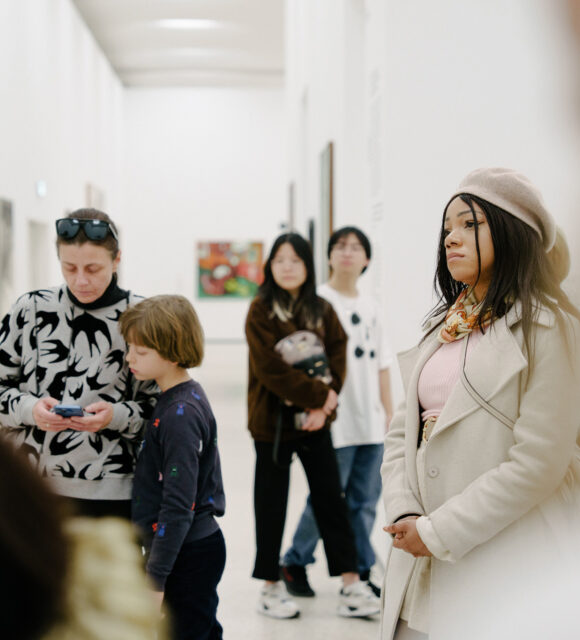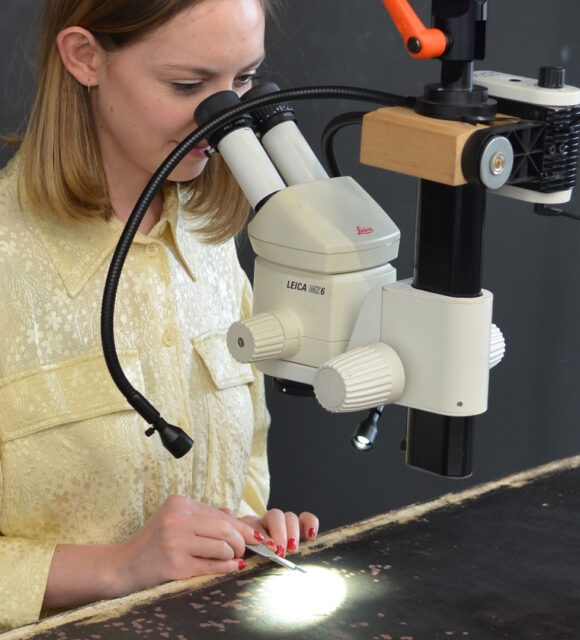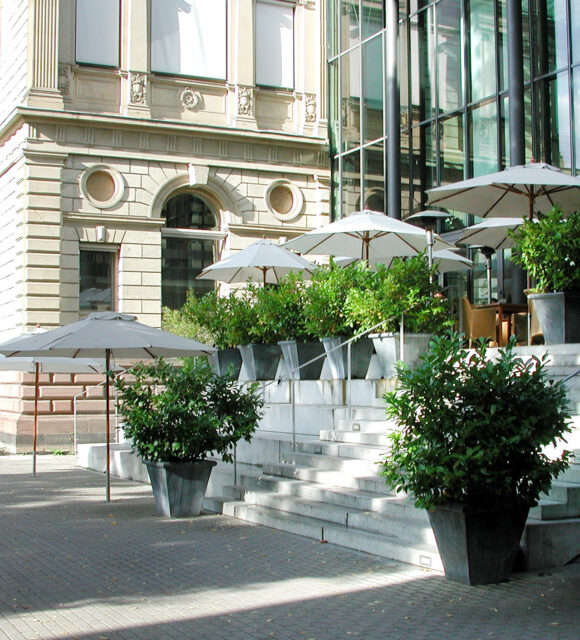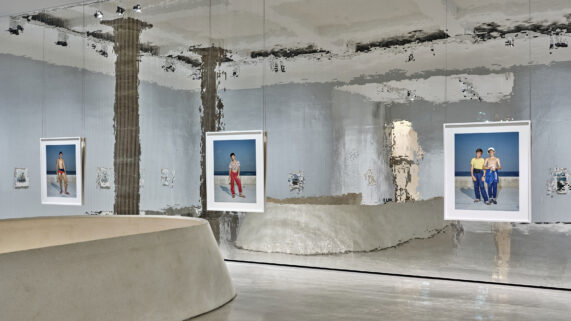
About the Exhibition
The ocean—a gaze: The artist Rineke Dijkstra (*1959) portrays young people looking directly into the camera on various beaches around the world—in Poland, Great Britain, Ukraine, Croatia and the United States. The carefully composed photographs are a search for the essence of human existence: sensitive encounters in which the artist also raises questions about authenticity and truthfulness in portrait photography.
The Städel Museum presented 27 of Dijkstra’s works in a solo exhibition, including 23 images from her “Beach Portraits” series, which attracted international attention and established her as one of the most influential female photographers in contemporary art. Works from the “Streets” series and a self-portrait of the artist were also featured in the exhibition.
In the “Beach Portraits” series, created mainly in the 1990s, Dijkstra links the young people portrayed across national borders through a consistent composition. Set against the serene, basic background of the sea and reduced in context and clothing, the focus is entirely on the subjects, their characters and their youthful naturalness, which are manifested in the tiniest nuances of facial expression and posture—especially when, despite their best efforts, their emotional worlds are revealed. As a result, these powerful shots become timeless images that embody the human condition, full of uncertainty, curiosity and the search for identity. Through their unique visual language, which draws on art historical references ranging from the works of Sandro Botticelli to August Sander, among others, Dijkstra’s photographs express a contemporary historical view of the post-Cold War era.
Curator
Maja Lisewski, Assistant Curator, Contemporary Art Collection
Film
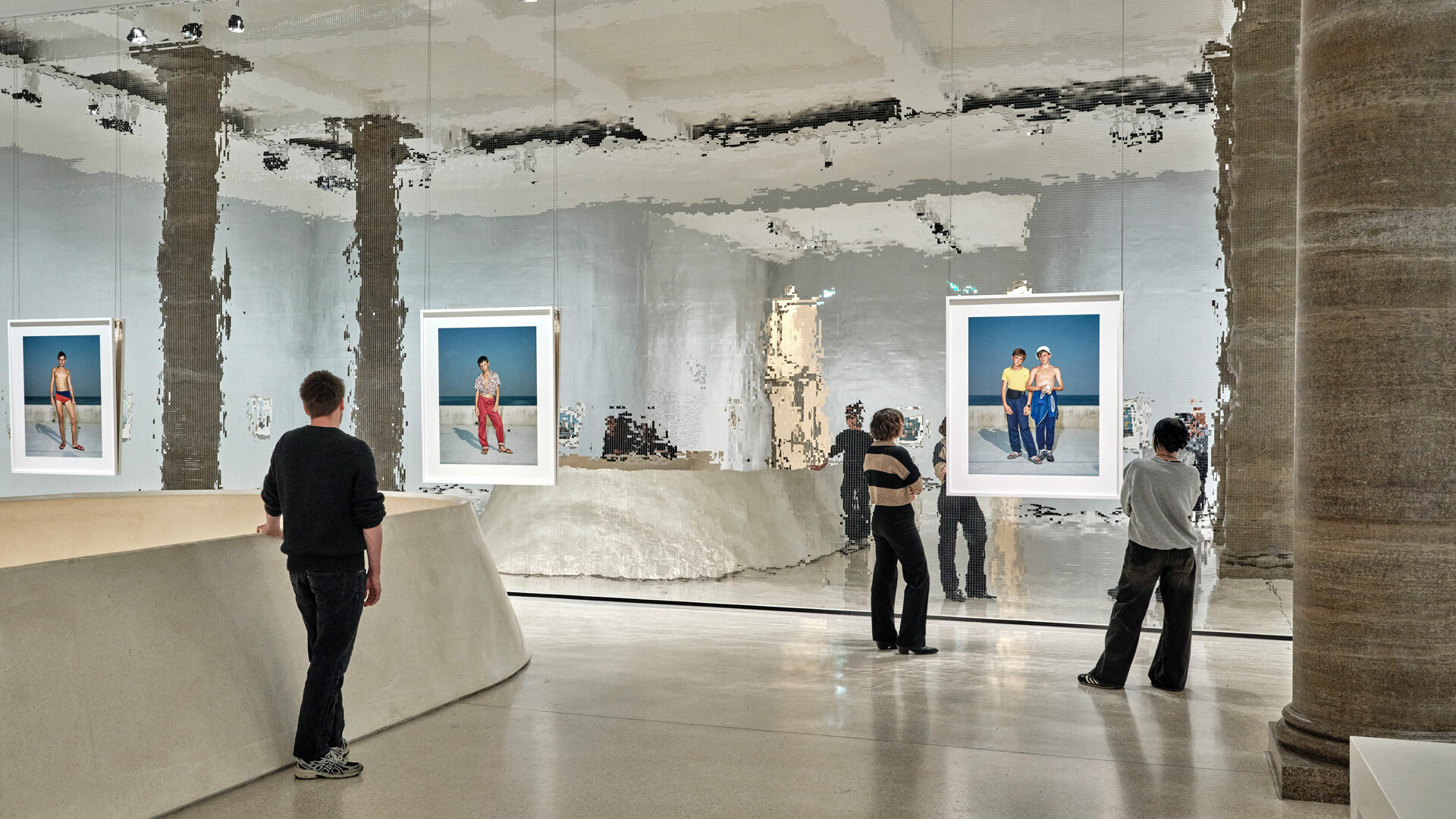
Around the Museum
Support Your
Städel Museum Now
Get involved by making a donation to your favorite cause or by providing general support. Your contribution—whether large or small—is a valuable gift for the future of the museum.



